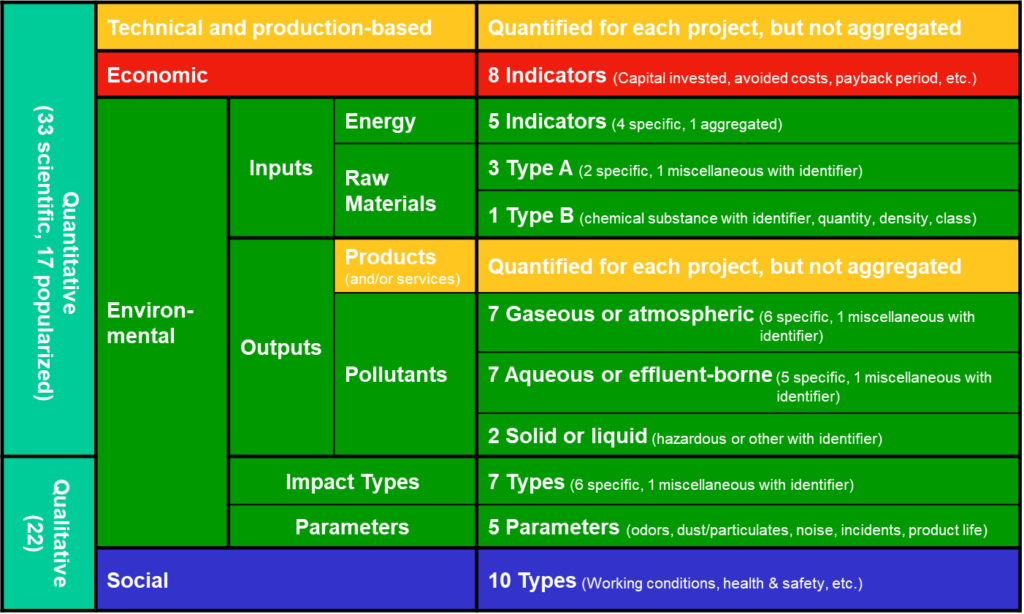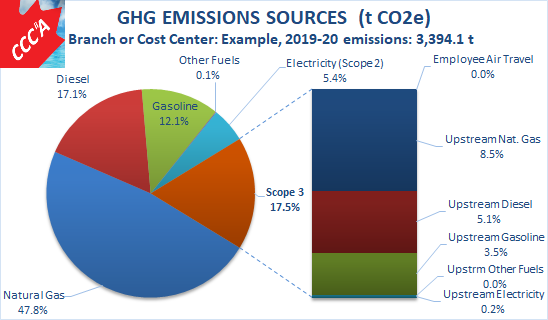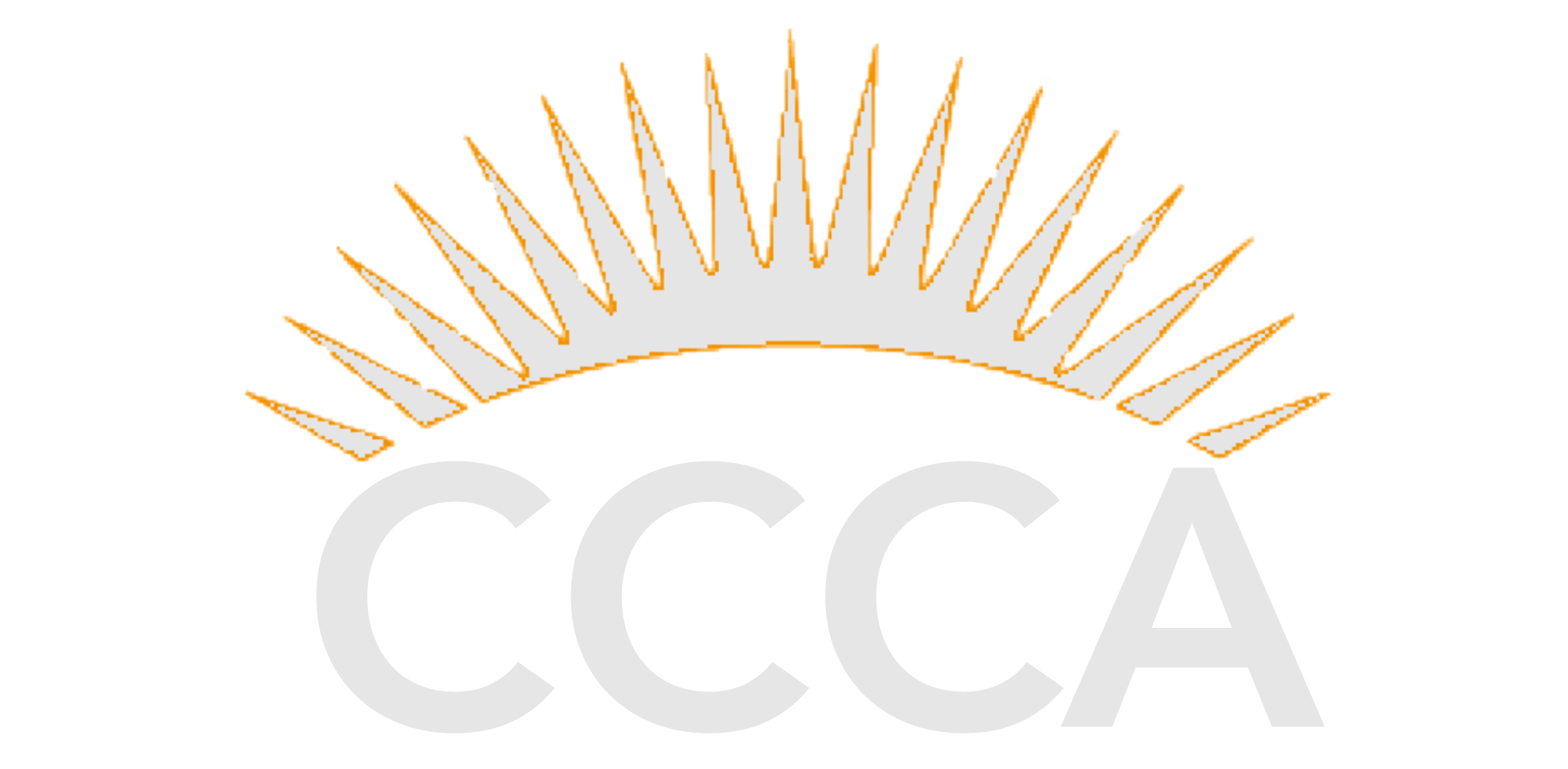Environmental, Social and Governance (ESG) reporting is increasingly becoming a staple of corporate management and communication practices.
A history of CCCA’s involvement in ESG Reporting
CCCA’s founder, Tom Ryan, was at the forefront of developing the precursors to ESG reporting in the early 2000s. At the time, three Canadian government agencies created the Enviroclub program to incentivize Pollution Prevention (P2) projects within the manufacturing sector. P2 projects are in fact just regular performance improvement projects where companies typically invest some capital to improve their profitability, but where a little extra work is done to quantify the environmental and social impacts of the project. As with all investment projects, economic impacts were estimated by companies before they went ahead, then calculated more accurately once projects were completed.
At the time the Enviroclub program was created for manufacturers, the three government partners, Environment Canada, the National Research Council and Canada Economic Development for Quebec Regions wanted to track the performance of individual projects by quantifying their economic, environmental and social impacts. While quantifying these performance indicators was innovative, the real challenge was developing a metrics system to aggregate the results across the program, given that companies were in virtually all types of manufacturing.
Tom Ryan led the team that developed the metrics framework that was created as the first hundred or so projects were completed. This framework was used for all projects and most importantly, it allowed the results from the hundreds of very diverse projects to be aggregated over the decade the program was in operation.
Case studies are available for dozens of projects that were supported by the Enviroclub program (available in French only). While the Canadian government changed and lost interest in some of this valuable work, it remains more relevant than ever in the face of increasing climate-related global imperatives.

How CCCA can help you improve ESG Reporting today
Over the years we have remained at the forefront of ESG work. Our staff have done hundreds of GHG audits for regulated emitters in the Emissions-intensive Trade-exposed Industries (EITEI), transportation projects, indeed whole sectors of the Canadian economy such as the aviation industry. As quantification and reporting experts, we know how to communicate information to stakeholders efficiently. The following image in CCCA’s standard format is an example of how we present GHG emissions data for corporate ESG reports.

We know the various federal and provincial GHG regulations well. We work with federal, provincial and local governments and we report under international frameworks such as the Global Reporting Initiative (GRI), the Carbon Disclosure Project (CDP) and the C40 Cities Compact of Mayors. Our ESG work is always in compliance with applicable standards such as the GHG Protocol (WRI), and the ISO 14064 standards for quantification and reporting of GHG emissions from organizations (Part 1) and projects (Part 2),
We keep abreast of emerging global standards, such as the new Global GHG Accounting and Reporting Standard for the Financial Industry. This standard, published in November 2020, is designed to give the finance industry the tools to adapt to the Paris Climate Accord. It will go from being virtually unknown to being core business practice in the finance sector over the next 5-10 years. Working with CCCA is one of the quickest ways for your organization to fully understand and adopt such standards and broaden the scope of your ESG reporting. Call us to see how we can help you today.
